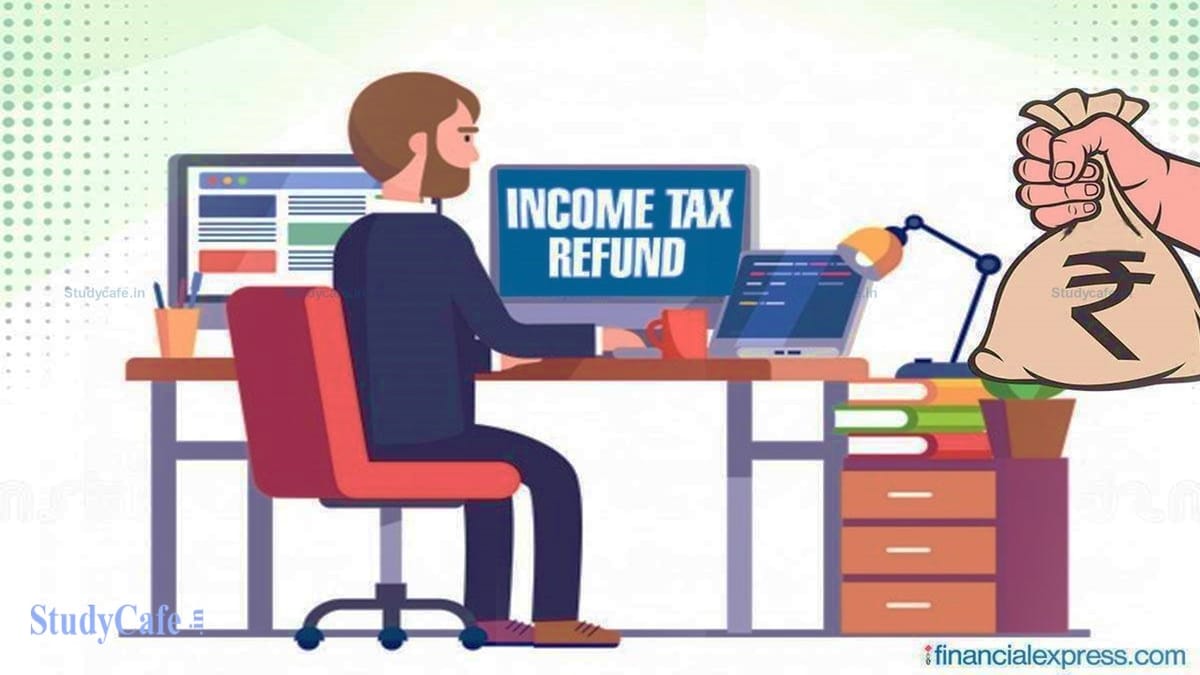Guide to Follow When Income Tax Refund Gets Adjusted with Prior Outstanding Demands
TaxBlock | Sep 1, 2022 |

Guide to Follow When Income Tax Refund Gets Adjusted with Prior Outstanding Demands
The article explains the Procedure of Filing an Appeal before Commissioner of Income Tax (Appeals), Orders Which Are Appealable by Assessee before Commissioner of Income-tax (Appeals), Fees For Filing Appeal Before CIT (Appeals) and Documents To Be Submitted for Appeal before Commissioner of Income-tax (Appeals).
Section 245 of the Income Tax Act empowers the Income tax department to adjust any amount of refund due to the assessee with any previous outstanding tax liability. However, this power can only be exercised after issuing notice u/s 245 to the assessee by providing an opportunity of being heard within 30 days of the issuance of notice and then the current refund may or may not be adjusted with an outstanding demand if any.
After filing Form no. 35 on the income- tax portal,
1. The Commissioner of Income-tax (Appeals) will communicate to the taxpayer and the Assessing Officer for whose order is preferred about the date and place for hearing the appeal by issuing a notice to both parties.
2. On the date of hearing the taxpayer or the Assessing Officer can either appear personally or through an authorized representative.
3. The Commissioner of Income-tax (Appeals) would either hear the appeal or may adjourn the appeal from time to time as he may think fit.
4. Before passing the order, the Commissioner of Income-tax (Appeal) may either or may direct the Assessing Officer to make necessary inquiries as he may deem fit and report the result directly to him.
5. During the appeal, the taxpayer also has a right to go into additional grounds of appeal which is correlated to it. However, additional grounds will only be accepted by the Commissioner of Income-tax (Appeals) if he is satisfied that the omission of these grounds was not the willful or unreasonable omission of these grounds was not willful or unreasonable.
Section 246A lists the orders against which an appeal can be filed before the Commissioner of Income-tax (Appeals). Some of them are given as below:
1. Notice passed against the taxpayer in a case where is not satisfied with the notice passed under Income Tax Act.
2. Notice issued under section 143(1) (1B) where adjustments have been directed in the return of income.
3. Notice issued under section 200A (1) where adjustments have been made in the filed statement.
4. Notice issued under section 143(3) except in case of a judgment passed by the Dispute Resolution Panel.
5. A notice of assessment or reassessment passed under section 153A or under section 158BC in case of search/seizure.
6. Rectification order passed under section 154 or under section 155.
Fees for filing an Appeal before CIT (Appeal) depend upon total income determined by the Assessing Officer. Fees to be paid are as follows
| Total Income Determined by the AO | Appeal Fee |
| Assessed total income of ₹1 Lakh or less | ₹250 |
| Assessed total income of more than ₹1 Lakh but not more than ₹2 Lakhs | ₹500 |
| Appeals involving a total assessed income of more than ₹2 Lakhs | ₹1000 |
| Appeals involving any other matter | ₹250 |
Form No. 35 (including a statement of facts and grounds of appeal) – in duplicate.
One certified copy of the order for whom the appeal must be filed.
Notice of demand in the original.
Copy of challans of fees and the details of the challan (i.e., BSR code, date of payment of fee, serial number, and amount of fee) are required to be furnished in case of e-filing of the form of appeal.
****
The author Sushant Gangurde is a legal analyst @Taxblock India who aims to educate people about various tax laws and financial planning.
In case of any Doubt regarding Membership you can mail us at [email protected]
Join Studycafe's WhatsApp Group or Telegram Channel for Latest Updates on Government Job, Sarkari Naukri, Private Jobs, Income Tax, GST, Companies Act, Judgements and CA, CS, ICWA, and MUCH MORE!"